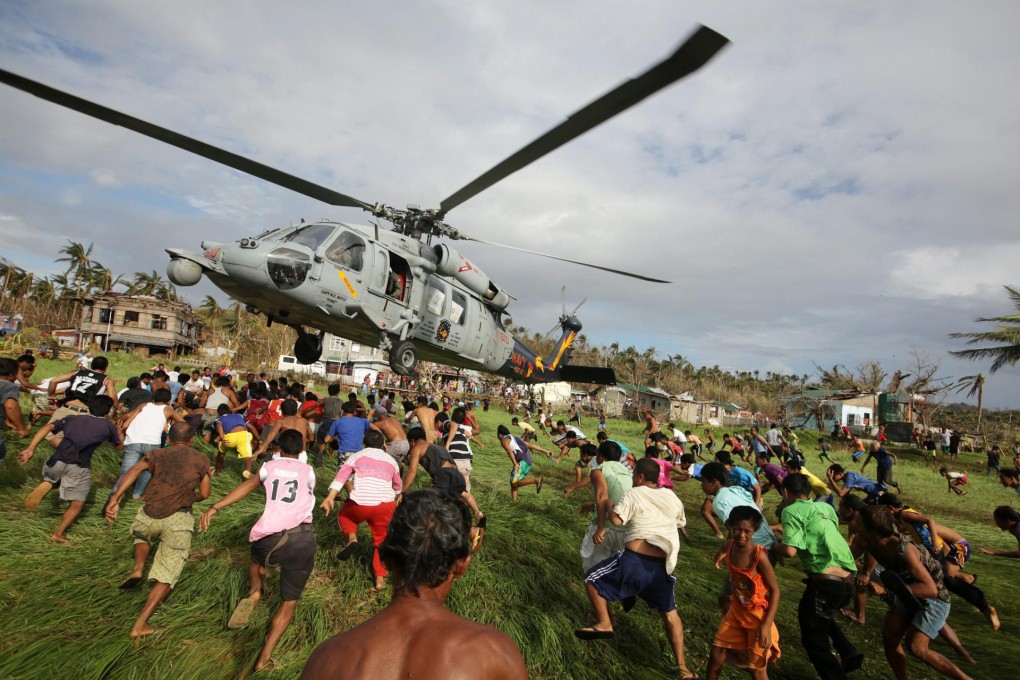Will American troops return to Philippine bases?
American troops were quick to the scene when Typhoon Haiyan hitthe Philippines - now there is a strong case for letting them stay

When Typhoon Haiyan cut a devastating swathe through the central Philippines last November, the US military was among the first to respond. In days, the United States starting delivering what would be nearly 1,000 personnel, 50 ships and aircraft, and tens of millions of dollars of aid to the hardest hit areas. The relief effort was swift and substantial, but so too were the political manoeuvrings that followed.
Officials from both nations quickly framed the catastrophe as a justification for a broader American military presence in the Philippines.

US troops already have a small but significant footprint in the Philippines. US special forces have spent the past 12 years in the southern part of the country helping Philippine troops battle Abu Sayyaf and Jemaah Islamiah, Islamic groups with links to al-Qaeda. US troops also participate in frequent military exercises with the Philippine military.

The stakes are high: the Philippines needs an ally in its territorial disputes with China, which have been steadily worsening, and the Philippines' century-long military and political relationship with the US makes it a key component of Obama's military rebalancing plans in Asia.
